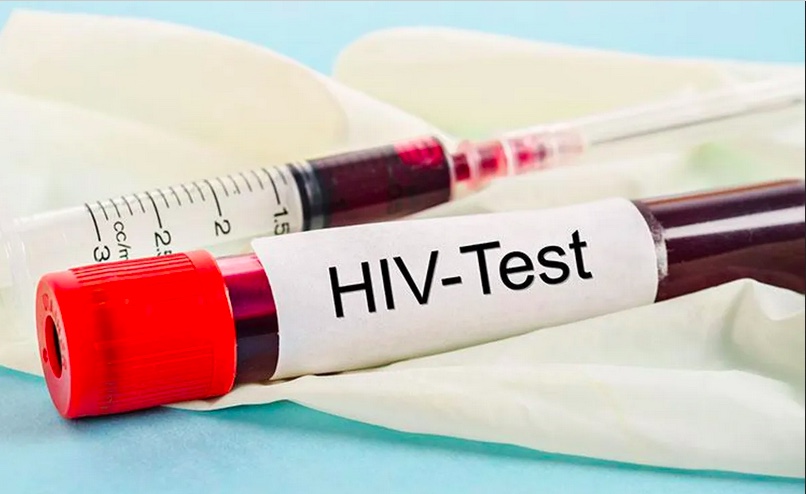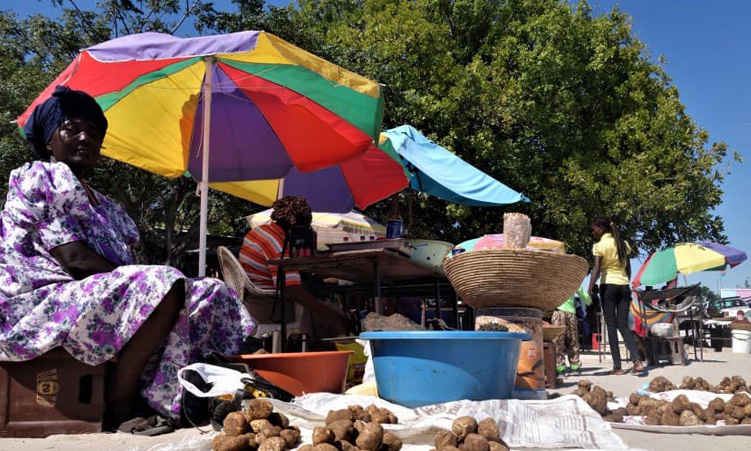THE HAGUE – The oversight body on international wildlife trade agreed on Saturday to a one-time sale of 60 tons of banned ivory from southern Africa to Japan, which critics feared would lead to increased elephant poaching in Africa.
The Convention on International Trade in Endangered Species, or CITES, said its officials would closely monitor the sale by South Africa, Botswana and Namibia from national ivory stocks, and would study its impact to see if it affected the black market. The decision preceded the formal opening yesterday of a 12-day conference by the 171-nation CITES, which meets every two to three years to consider amending its lists of trade restrictions.It was adopted by CITES’ 18-country standing committee, which meets annually.”This means the ivory trade has resumed in a very controlled system,” said John Sellar of the CITES secretariat.”There’s no way that a poacher can get into the system.”The exception to the ban on ivory trade – the second since the ban was imposed in 1989 – was opposed by several African countries, which feared it would spur poaching.It also revealed a split among non-government agencies dedicated to defending the diversity of plants and animals.The World Wild Fund for Nature, or WWF, said it was satisfied with the controls surrounding the sale, but a broad range of other groups denounced the decision.”It’s very frustrating that the facts about the scale of the illegal trade were completely ignored,” said Peter Pueschel, of the International Fund for Animal Welfare.He said the level of intercepted illegal ivory had reached record levels in the past two years.Sellar, the secretariat’s expert on illegal trading, said he did not believe allowing the one-off sale would influence a debate later during the conference on whether to relax or tighten the 1989 ban.CITES lists more than 7 000 animals and 32 000 plants whose trade is regulated.about 800 highly threatened species are banned from commercial trade, with few exceptions.The 60 tons of ivory would come from stocks gathered from elephants that have died naturally.All three countries have pledged to deposit the revenue in trust funds for further conservation.The sale was conditionally approved in 2002 but was held up until an adequate monitoring system against poaching could be put in place, and until Japan – the only designated buyer – provided assurances it could control its use and preventing its re-export.At the last moment, China asked to take part in the ivory auction, but failed to win a majority on the committee.The voting countries split 6-6.Over the next two weeks, the conference will vote on other proposals to grant export quotas to Botswana, South Africa, Namibia and Zimbabwe, where elephant populations have rebounded, and to let them conduct limited trade in elephant hides, leather goods and live animals.A competing proposal from Kenya and Mali would tighten rather than relax the ivory ban, eliminating some exceptions and imposing a moratorium for 20 years on exceptional sales.Nampa-APThe decision preceded the formal opening yesterday of a 12-day conference by the 171-nation CITES, which meets every two to three years to consider amending its lists of trade restrictions.It was adopted by CITES’ 18-country standing committee, which meets annually.”This means the ivory trade has resumed in a very controlled system,” said John Sellar of the CITES secretariat.”There’s no way that a poacher can get into the system.”The exception to the ban on ivory trade – the second since the ban was imposed in 1989 – was opposed by several African countries, which feared it would spur poaching.It also revealed a split among non-government agencies dedicated to defending the diversity of plants and animals.The World Wild Fund for Nature, or WWF, said it was satisfied with the controls surrounding the sale, but a broad range of other groups denounced the decision.”It’s very frustrating that the facts about the scale of the illegal trade were completely ignored,” said Peter Pueschel, of the International Fund for Animal Welfare.He said the level of intercepted illegal ivory had reached record levels in the past two years.Sellar, the secretariat’s expert on illegal trading, said he did not believe allowing the one-off sale would influence a debate later during the conference on whether to relax or tighten the 1989 ban.CITES lists more than 7 000 animals and 32 000 plants whose trade is regulated.about 800 highly threatened species are banned from commercial trade, with few exceptions.The 60 tons of ivory would come from stocks gathered from elephants that have died naturally.All three countries have pledged to deposit the revenue in trust funds for further conservation.The sale was conditionally approved in 2002 but was held up until an adequate monitoring system against poaching could be put in place, and until Japan – the only designated buyer – provided assurances it could control its use and preventing its re-export.At the last moment, China asked to take part in the ivory auction, but failed to win a majority on the committee.The voting countries split 6-6.Over the next two weeks, the conference will vote on other proposals to grant export quotas to Botswana, South Africa, Namibia and Zimbabwe, where elephant populations have rebounded, and to let them conduct limited trade in elephant hides, leather goods and live animals.A competing proposal from Kenya and Mali would tighten rather than relax the ivory ban, eliminating some exceptions and imposing a moratorium for 20 years on exceptional sales.Nampa-AP
Stay informed with The Namibian – your source for credible journalism. Get in-depth reporting and opinions for
only N$85 a month. Invest in journalism, invest in democracy –
Subscribe Now!






